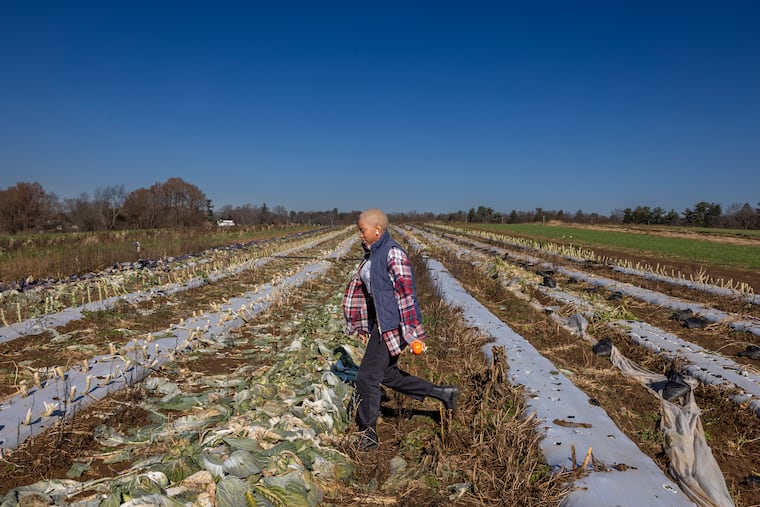Sri Lanka’s Crisis Highlights the Impact of Debt on Developing Countries.

Sri Lanka is currently navigating one of the most intricate economic recoveries in its history, following a financial crisis in 2022 that resulted from an unbalanced mix of unsustainable borrowing, ineffective fiscal management, and external shocks. This collapse significantly impacted the nation’s citizens and prompted widespread protests under the Aragalaya movement, which sought accountability, economic justice, and an end to political corruption.
The uprising led to the resignation of then-President Gotabaya Rajapaksa. However, his successor, Ranil Wickremesinghe, successfully regained control of the government, opting to delay calls for new elections. In a notable effort to stabilize the economy, the Wickremesinghe administration secured a billion support agreement from the International Monetary Fund (IMF), utilizing its New Extended Fund Facility (EFF) arrangement. To unlock additional components of this funding, Sri Lanka also established a debt restructuring plan involving creditors such as China, India, and Japan.
By September 2024, the Sri Lankan populace elected a progressive government led by President Anura Kumara Dissanayake, which came with a historic mandate. Yet, this new administration found itself constrained by the conditions set forth by the IMF and the previous political establishment. While mainstream narratives emphasize the IMF arrangement as a stabilizing force, highlighting the importance of the debt restructuring agreement, there are pressing concerns regarding the associated human costs of this so-called “recovery.”
The structural adjustments demanded by the IMF include privatizing state-owned enterprises and reducing the Central Bank’s role in state financing, which has raised alarm among citizens reliant on state support. These reforms impact essential services, with significant consequences for public sector jobs, rural infrastructure projects, and funding for health and education. As a result, many Sri Lankans are experiencing economic hardships, with civil society estimates indicating that 6.3 million citizens are forgoing meals and approximately 65,600 are facing severe food shortages.
In a commendable response to the challenges faced, President Dissanayake has recently directed the treasury to reinstate subsidies for the agricultural and fishing sectors, a move that, while beneficial, may not sufficiently alleviate challenges posed by rising fuel and operational costs. The stark contrast between Sri Lanka’s public health allocation, which accounts for just 1.5% of its GDP, and the sums allocated to interest on public debt accentuates the fiscal pressures that limit basic social expenditures.
This narrative does not belong solely to Sri Lanka; it reflects a broader global debt emergency impacting public finances across the Global South. Nations throughout Africa, Asia, and Latin America are frequently compelled to surrender national policy autonomy to international financial institutions like the IMF, the World Bank, and the Asian Development Bank. A recent report from the United Nations Conference on Trade and Development (UNCTAD) revealed troubling statistics: half of the global population resides in countries that prioritize interest payments over investments in health and education.
As global interest rates rise, developing countries are often confronted with interest payments that far exceed those of wealthier nations. The demand for a sustainable, transparent framework for debt resolution, emphasizing justice and national sovereignty, resonates deeply among governments in the Global South.
Grassroots movements are also increasingly mobilizing around these issues. This September, Kandy, Sri Lanka will host the 3rd Nyeleni Global Forum for food sovereignty, which will convene over 500 delegates seeking to tackle the intersection of food security and the global debt crisis.
In conclusion, it’s clear that a comprehensive recovery strategy must prioritize people’s dignity and social investment over creditor interests. For Sri Lanka, and many other nations in Africa and Asia, such restructuring may be paramount for ensuring a resilient and equitable future.
#WorldNews #MiddleEastNews






